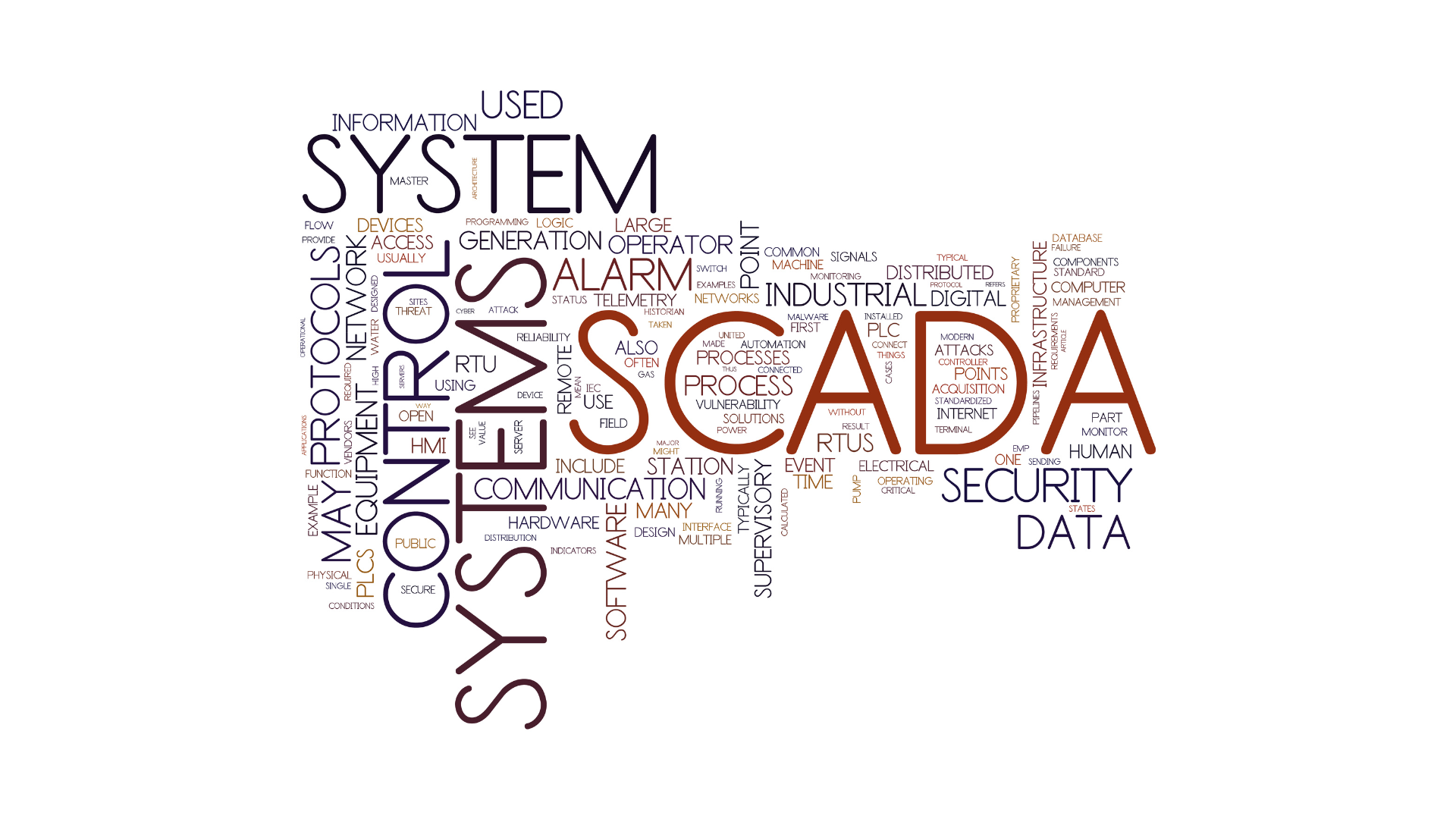Is there a SCADA Certification?
Is there a SCADA Certification?
Absolutely! It is important to note that there are indeed certifications available specifically designed for
SCADA (Supervisory Control and Data Acquisition) systems. These certifications not only validate your expertise and knowledge in this critical field but also demonstrate your commitment to excellence in the industry. Obtaining a SCADA certification can greatly enhance your professional profile, open doors to new opportunities, and establish you as a trusted authority in the realm of industrial control systems. Embrace the chance to showcase your proficiency and distinguish yourself as a certified SCADA specialist. These certifications hold immense value as they serve as concrete proof of an individual's exceptional skills and extensive knowledge in the field of SCADA system implementation, operation, and maintenance. By successfully acquiring these certifications, professionals demonstrate their expertise and proficiency in effectively handling complex SCADA systems. Employers greatly value these certified individuals due to their ability to ensure flawless implementation, seamless operation, and efficient maintenance of SCADA systems.

When it comes to SCADA certifications, there are a plethora of options available for individuals seeking to enhance their skills and expertise in this field. Numerous reputable organizations offer comprehensive certification programs that not only validate one's knowledge but also demonstrate their commitment to excellence in the realm of SCADA systems. It is crucial to carefully evaluate the different options and select a certification that aligns perfectly with your career goals and aspirations. By obtaining a recognized SCADA certification, you will be equipped with the necessary skills and credentials to stand out from the competition and excel in this dynamic industry.
Some popular certifications include:
1. The Certified SCADA Security Architect (CSSA) certification is the epitome of expertise when it comes to safeguarding SCADA systems against the ever-evolving landscape of cyber threats and vulnerabilities. This prestigious certification is designed to equip professionals with a comprehensive skill set, enabling them to confidently defend critical infrastructure from malicious attacks and potential disruptions. By earning the CSSA certification, individuals demonstrate their unwavering commitment to ensuring the utmost security and resilience of SCADA systems in an assertive manner that leaves no room for compromise.
2. The Certified SCADA Professional (CSP) certification is an exceptional credential that encompasses an extensive array of topics essential to the design, implementation, programming, and troubleshooting of SCADA systems. By obtaining this certification, professionals gain comprehensive knowledge and expertise in all aspects of SCADA systems, enabling them to excel in their role and effectively address any challenges that may arise. With a focus on ensuring optimal performance and functionality, the CSP certification empowers individuals to confidently navigate the complex landscape of SCADA technology.
3. The Certified HMI/SCADA Developer certification is specifically designed to empower individuals with the expertise and knowledge required to excel in the development and programming aspects of Human Machine Interface (HMI) and Supervisory Control and Data Acquisition (SCADA) systems. This esteemed certification places a strong emphasis on equipping professionals with the necessary skills to design, implement, and optimize these critical systems. By earning this prestigious certification, individuals demonstrate their mastery in HMI/SCADA development, showcasing their ability to create robust solutions that enhance operational efficiency and ensure seamless control over industrial processes.
In order to obtain these highly sought-after certifications, individuals must proactively take the initiative to enroll in specialized training courses that comprehensively cover crucial topics such as Programmable Logic Controller (PLC), Human Machine Interface (HMI), and SCADA system architecture. By diligently investing their time and effort into these courses, individuals will acquire the necessary knowledge and skills to confidently navigate the complexities of advanced industrial automation technologies.
It is absolutely crucial to note and acknowledge that various organizations or institutions often provide highly valuable and specialized certifications or training programs that are specifically designed to cater to their unique platforms or cutting-edge technologies. These certifications and training programs serve as a testament to the organization's commitment to excellence and equip individuals with the necessary skills and knowledge required to excel in their respective fields. It is wise to explore these opportunities as they can significantly enhance one's professional credentials and open doors to exciting career prospects. Hence, it is absolutely crucial and highly recommended to thoroughly research and meticulously select a certification program that perfectly aligns with your unique needs and ambitious career goals in the ever-evolving realm of SCADA systems. This prudent step will ensure that you acquire the most relevant and up-to-date knowledge and skills necessary to excel in this cutting-edge field, thereby significantly enhancing your professional prospects.
You might also like



